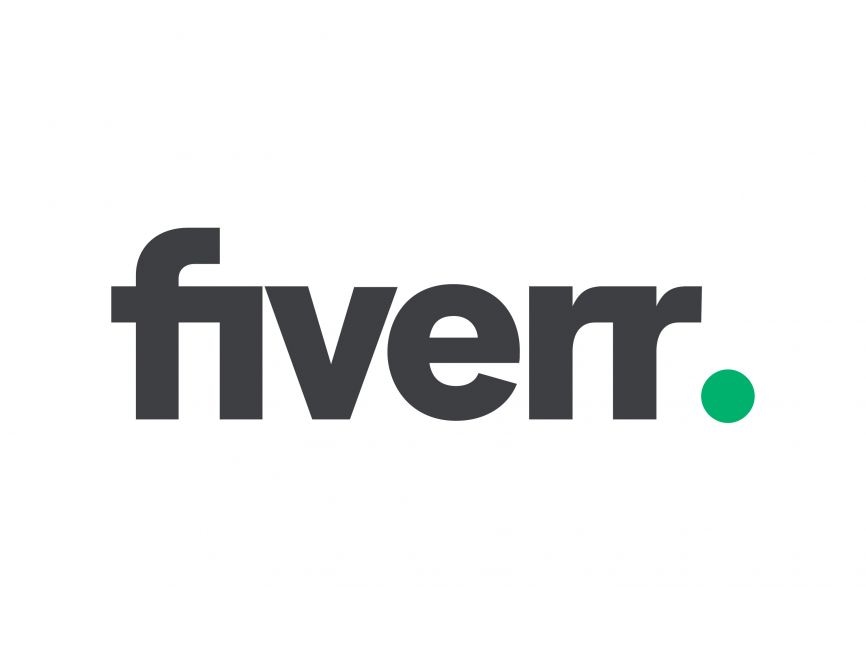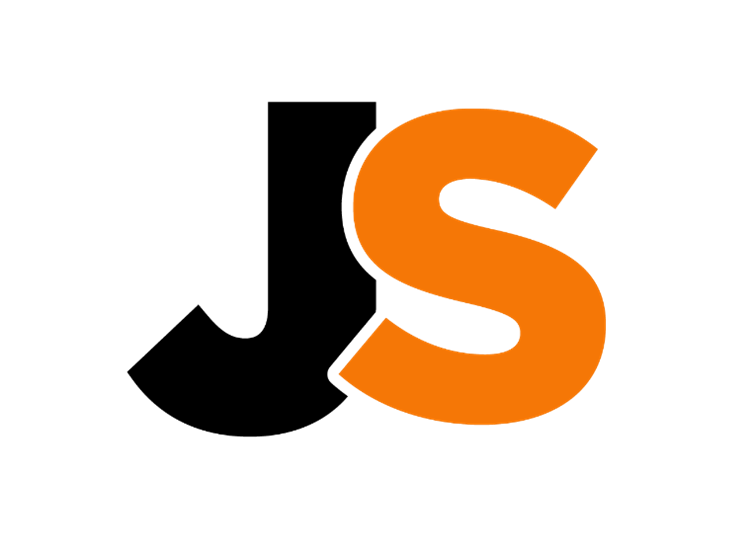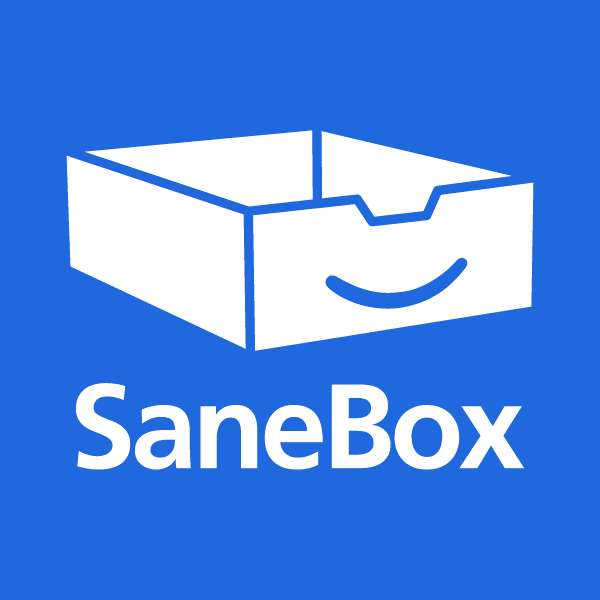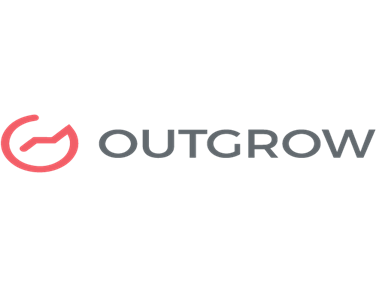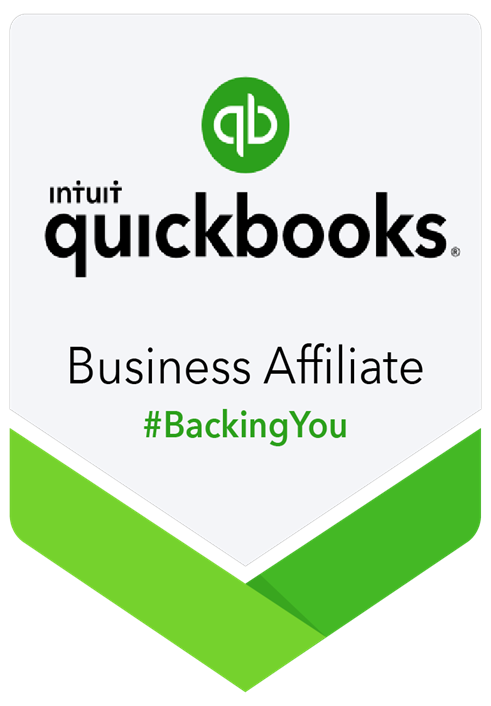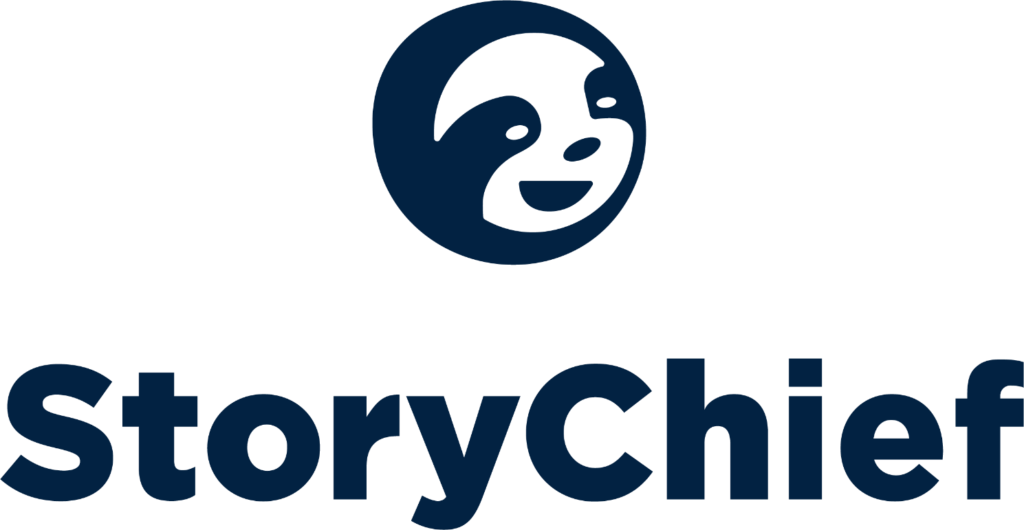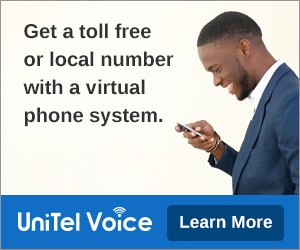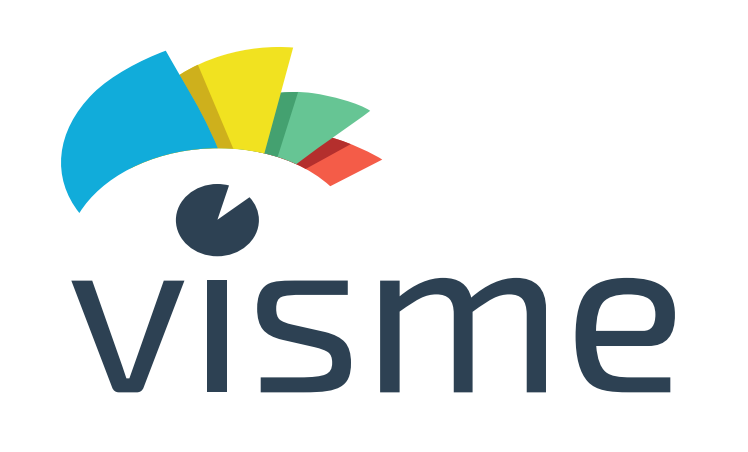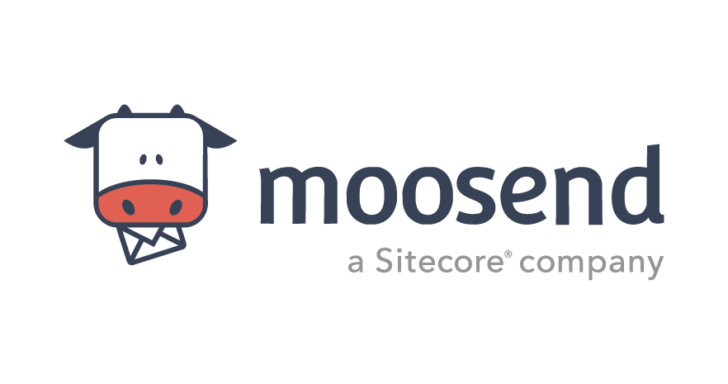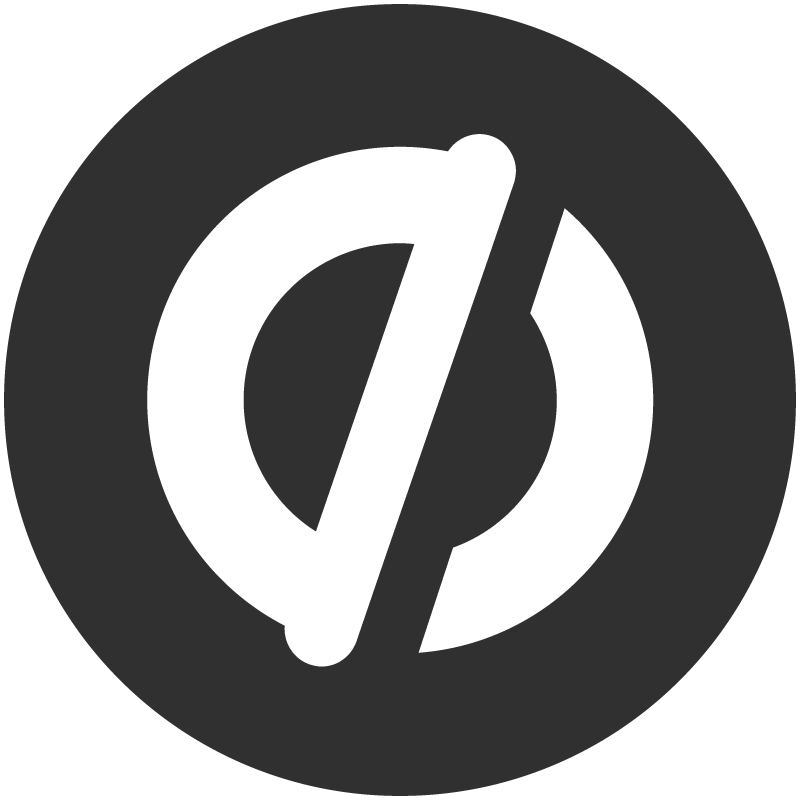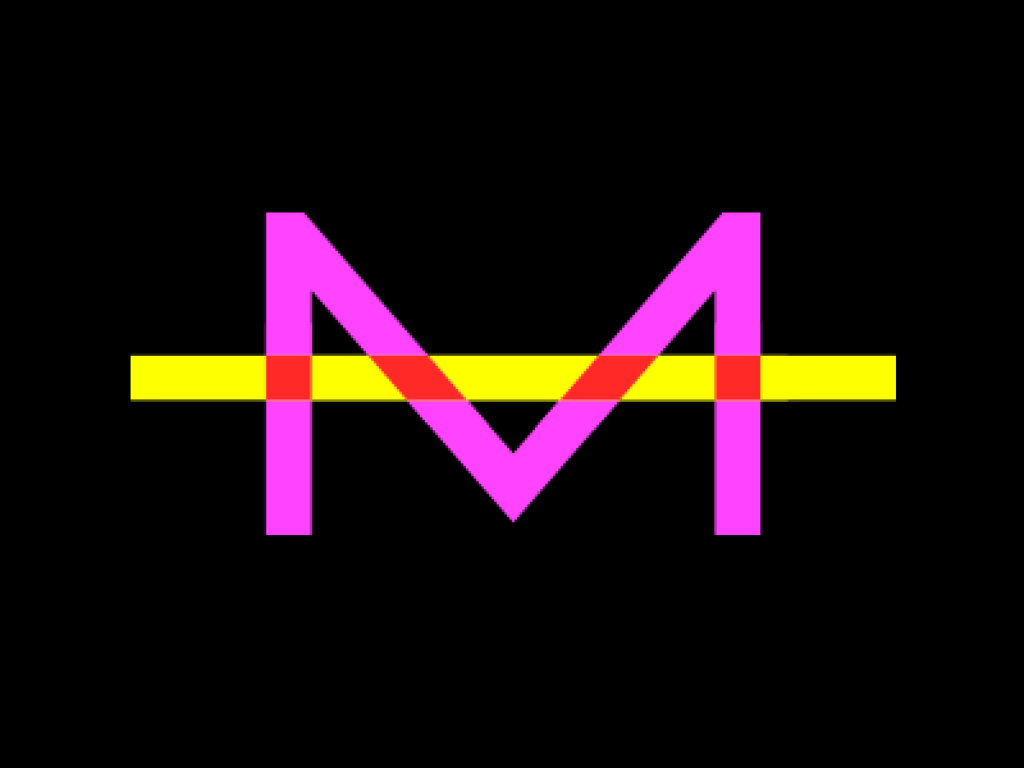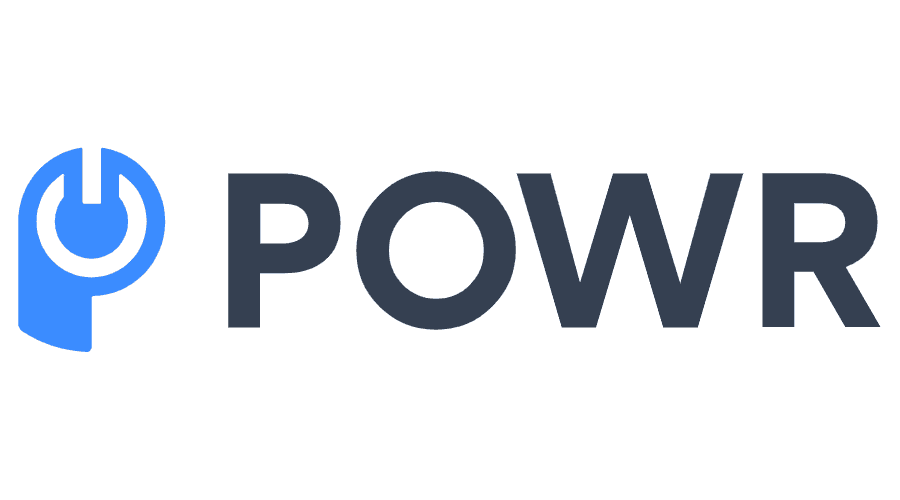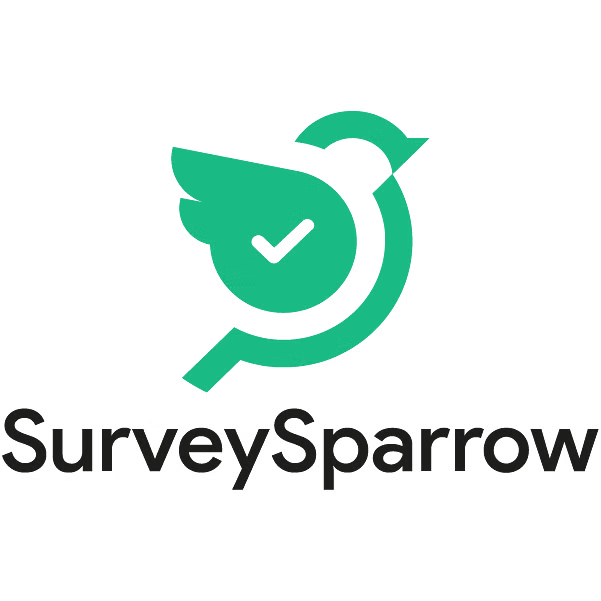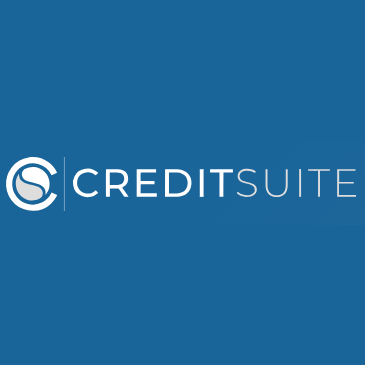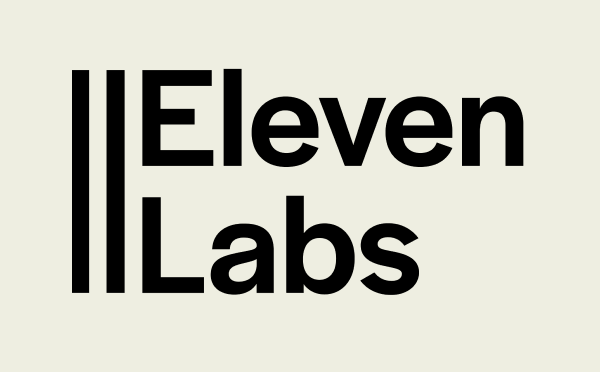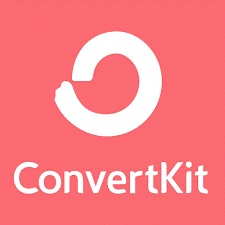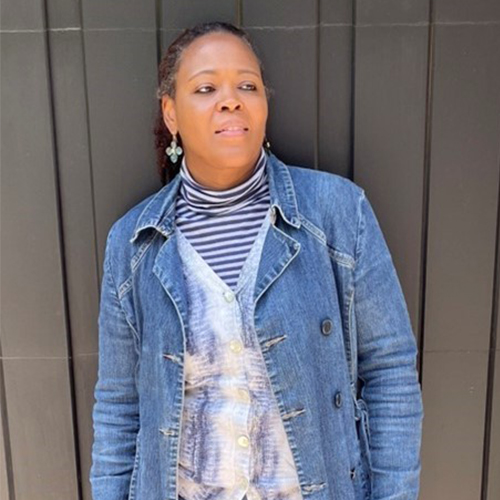Strategically present yourself to radio stations to secure a radio interview that can elevate your brand, foster growth, and catalyze transformative changes for your business.
Written by Glenna Gonzalez, Professional Marketer and Public Relations 10/23/23
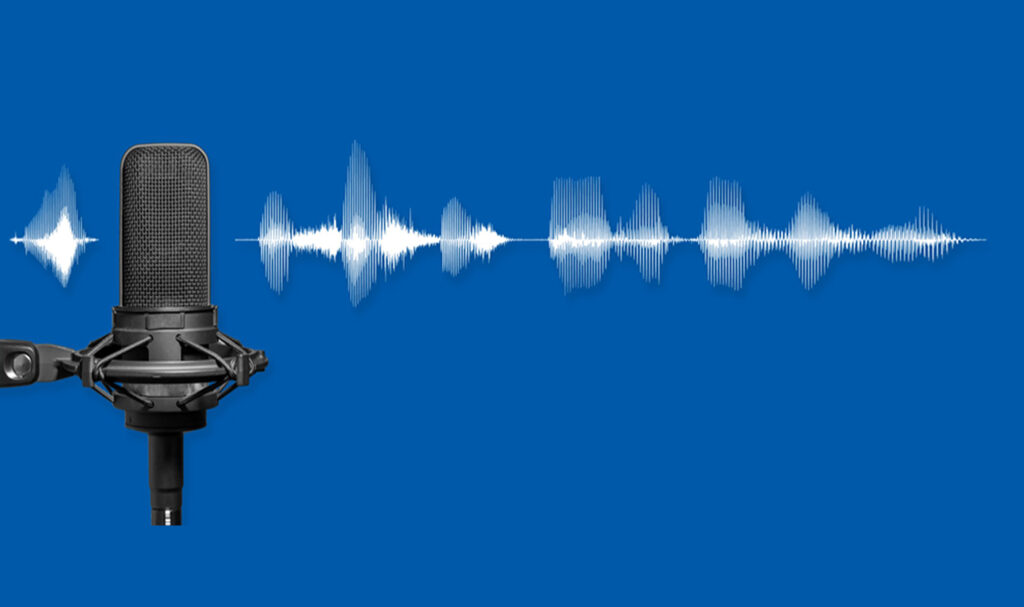
Pitching yourself and getting a radio interview can be a great way to promote your work, share your expertise, or discuss a topic of interest. While securing a radio interview may take time and persistence, there are some things that you should focus on to be successful in securing a radio interview segment. We’ve got some tips below to help you get started. Radio interviews give you the opportunity to brand your business if you have one to promote or to brand the company that you are currently working for. There are lots of professionals who would benefit from radio interviews to further their careers such as Authors, Speakers, Coaches and Consultants in all industries and fields, Solopreneurs and Entrepreneurs, as well as most any Small Business Owner just for starters. Building relationships with radio hosts and producers can also lead to more opportunities in the future. We’d like to share with you what steps you need to take to get a radio interview within just a few short weeks, or perhaps even a week or so.
Here Are Steps to Help You Secure a Radio Interview:
Identify Your Target Radio Stations
Determine which radio stations align with your message or expertise. Consider factors such as the station’s format (e.g., talk radio, music, news) and audience demographics. Start by clearly defining the audience you want to reach. Consider demographics, interests, and geographic location. Who are the people most likely to be interested in your message or product? Use online resources, radio station directories, and industry publications to identify radio stations that cater to your target audience. Consider the format, genre, and focus of each station. For example, some stations may specialize in news, while others focus on music, talk shows, or specific niches. Determine whether you want to reach a local, national, or global audience. Local stations are great for targeting specific geographic areas, while national or online stations can provide broader exposure. Look at the programming schedules of potential radio stations. Identify shows or segments that align with your message or expertise. Pay attention to time slots that reach your desired audience. Believe it or not, I used ChatGPT to define my search and locate local radio stations. You can be very specific in your search with ChatGPT. Note that there are small radio stations and there are much larger radio stations. Research the stations that come up in your search if you decide to use ChatGPT. There may even be an Audiobook or two that gives you more insight into this process.
Listen to the radio programs on your chosen stations to understand the style, content, and tone of their shows. Research the hosts or producers of the programs you’re interested in. Learn about their interests, the types of guests they typically have, and their contact information. Researching radio shows and hosts for a radio interview segment is crucial to understand the format, audience, and style of the program. Here’s how to effectively research shows and hosts. For online searching, start with a simple online search using relevant keywords. Include the name of the radio station, show, or host along with your topic of interest. Look for official websites, social media profiles, and articles. Visit the official websites of radio stations that you’re interested in. Stations often provide detailed information about their shows, schedules, and hosts. On the station’s website, you will find the section that lists the shows and their descriptions. Read through the descriptions to understand the focus and content of each show. Most station websites have host profiles or bios. These profiles often include information about the host’s background, expertise, and interests. Understanding the host’s background can help you tailor your pitch.
Craft a compelling pitch that explains why you would be a valuable guest on their show. Highlight your expertise, unique perspective, or the topic you’d like to discuss. Tailor your pitch to each specific show or host. If you know the name of the host, be sure to address him or her by name. Also, personalize your pitch. Personalization can go a long way in getting noticed. Everyone has something exciting and powerful to share, whether it is significant business achievements or interesting facts about family and friends. Present a unique and compelling angle or hook for your interview. Explain why your topic is relevant and interesting to the show’s audience. Highlight any timely or trending aspects. Clearly state what value you can provide to the show’s audience. Explain how your expertise or story can inform, entertain, or inspire listeners. Provide a concise bio that highlights your qualifications, expertise, and relevant experience. Focus on what makes you an authority on the topic. You can make your pitch including a Press Release. If applicable, mention any previous media appearances, articles, or interviews you’ve done. This can help establish your credibility as a guest. Emphasize what value you can provide to their audience. Explain how your interview would benefit their show and engage their listeners.
Here is my Pitch for my recent radio interview segment:
Local Entrepreneur and Leader in Marketing & Consulting Available for Interview
Hello,
I hope this message finds you well. My name is Glenna Gonzalez, and I am the founder of JB Tyler Marketing & Consulting, LLC. I am reaching out to express my interest in being featured in an upcoming interview segment.
As a divorced single parent who recently pivoted to full-time entrepreneurship after several years of success in the Human Resources space for national and international corporations, I believe my story can resonate with your audience. I’ve also had the privilege of raising accomplished children, one of whom just graduated from Yale University in May with Distinction and the other having just graduated with a Master’s degree from UNC-Chapel Hill. Both were North Carolina Governor’s Scholars and graduated at the top of their class, one being the Valedictorian.
Here are a few key points that make my story and expertise worth sharing with your listeners:
1. Diverse Educational Background: I hold an MBA and a Master’s in Human Services, which uniquely positions me to approach marketing and consulting from both business and human-centered perspectives.
2. Career Transition: My journey from part-time freelance work with JB Tyler Marketing & Consulting, LLC to becoming a full-time entrepreneur is a testament to the resilience and adaptability required in today’s business landscape, particularly for individuals well over 40.
3. Success in Parenting: Raising children who excelled academically is a testament to the strategies I’ve employed in balancing my professional and personal life. I believe my experiences, insights, and work in marketing and consulting can provide valuable insights for your audience, especially for those considering a career change or looking for strategies to balance work and family life effectively.
During an interview, I would be delighted to discuss topics such as entrepreneurship, career transitions, and effective marketing strategies. Please let me know if you are interested in scheduling a conversation, and I would be happy to provide more details and accommodate your preferred time.
Thank you for considering my pitch. I look forward to the opportunity to share my story and insights with your audience. My cell is ……(redacted) and my email is glenna@jbtylerconsultants.com
Warm regards,
Glenna Gonzalez
JB Tyler Marketing & Consulting, LLC
Create a Professional Media Kit
Put together a media kit that includes your bio, high-quality photos, relevant links, and any previous media appearances or endorsements. You can include Press Releases about yourself or your company in the Media Kit. This will help demonstrate your credibility to potential hosts. A media kit, otherwise known as a press kit or press package, is promotional materials and information that provides journalists, reporters, influencers, and other media professionals with the essential resources they need to write about or feature you or your organization. Media kits are commonly used for promoting individuals, businesses, products, events, or any subject of interest to the media. Here’s what typically goes into a media kit: A brief cover letter or introduction that summarizes the purpose of the media kit and establishes a personal connection with the recipient. Remember to keep your media kit concise and focused on the most essential and compelling information. Tailor the contents to the needs and interests of the media professionals you are targeting and update it regularly to reflect new developments or achievements. A well-designed press kit can make a significant difference in how it’s received by journalists and media professionals. A good Press Kit should be attractive visually, easy to navigate, and reflective of the brand or subject you’re promoting.
Contact the Radio Stations
Reach out to the radio stations or hosts through email, social media, or their official websites. Be respectful and address the hosts by name if you know it. Be clear and concise in your communication. In your email, introduce yourself, explain why you’d be a great fit for their show, and attach your media kit. Follow up if you don’t receive a response within a reasonable timeframe but avoid being pushy. Visit the social media profiles of both the station and the host. Social media can provide insights into the show’s audience engagement, recent topics, and the host’s personality. Visit the official websites of radio stations that you’re interested in. Stations often provide detailed information about their shows, schedules, and hosts. There should also be a way to contact them on their official websites as well.
Be Flexible
Be prepared to accommodate the station’s schedule and preferences. Radio interviews are often scheduled in advance, so flexibility is essential. Clearly state your interest in being a guest on the show and your availability for an interview. Include your contact information for follow-up.
Provide your contact information, including your email address and phone number, so the host or producer can easily reach you for further discussion. Conclude your pitch with a polite and respectful tone. Thank the host for considering your proposal and express your enthusiasm for the opportunity. I got up about 5:30 a.m. one morning, as I had been thinking about ways to promote my business and just started emailing local radio stations that I had already researched. Before 9 a.m. that morning, I had received an email from the station’s Vice President asking me if I could come in that very same day. Unfortunately, I did not see the email on my phone until later. Of course, I promptly emailed her back when I got home, and we scheduled a time for me to go into the station that following week for a radio interview segment. While it was scheduled for roughly 10 minutes, I enjoyed the time that I spent with the radio host. It was very exciting to be behind the scenes in one of our area’s best radio stations. Radio interviews can be in person or on the phone. Decide which method would be best for you, perhaps both. Once you are scheduled for the interview, here is what comes next… (Congratulations, by the way!)
Prepare for the Interview
Once you secure an interview, prepare thoroughly beforehand by practicing. Familiarize yourself with the show’s format, the host’s style, and the expected duration of the interview. Create talking points or key messages to ensure you convey your main ideas effectively. Working on your voice for a radio interview is essential to communicate effectively and engage the audience. Here are some tips to help you improve. Practice vocal warmups and control your breathing. Proper breathing is crucial for good vocal control. Practice diaphragmatic breathing, which involves using your diaphragm to breathe deeply rather than shallow chest breathing. When practicing, speak slowly and clearly. Radio listeners need to understand what you are saying. Speak slowly and enunciate your words. Vary your tone and pitch, as well as your inflection to keep your voice interesting and don’t forget to emphasize key points. Pause for emphasis. This will make you seem more composed. Record yourself so that you can identify areas where you need to improve. Reduce the use of filler words like “um,” “uh,” and “you know.” Practice, Practice! The questions you’ll be asked in a radio interview can vary widely depending on several factors, including the format of the show, the topic of discussion, and the preferences of the host or interviewer. You Should anticipate questions about your background, your expertise, and any successes and challenges you have had as well. One thing to note is that more than likely, you will be asked about some of the information that you put into your pitch to secure the interview.
Promote the Interview
Promote your upcoming radio appearance on your own social media and website to reach your audience and encourage them to tune in. Remember that promotion should not stop after the interview airs. A Press Release will put you in front of journalists and the media. Continue to share and repurpose the content, linking back to the interview, to reach a broader audience over time. The key is to make the most of the opportunity to showcase your knowledge and connect with your target audience. Share the news of your upcoming radio interviews across all of your social media platforms, including Facebook, Twitter, LinkedIn, and Instagram. Create engaging posts with visuals and relevant hashtags to increase visibility. Don’t forget to encourage your followers to share the news with their networks as well. Update your website or blog with a dedicated post or page about the upcoming interview. Include details such as the date, time, and station. Consider embedding any promotional images or links provided by the radio station if allowed. If you have an email newsletter, send out an announcement to your subscribers about the interview. Be sure to include a brief teaser or summary of your topics and what listeners can expect to learn from the interview based on the information you shared in your pitch and the questions you expect to be asked.
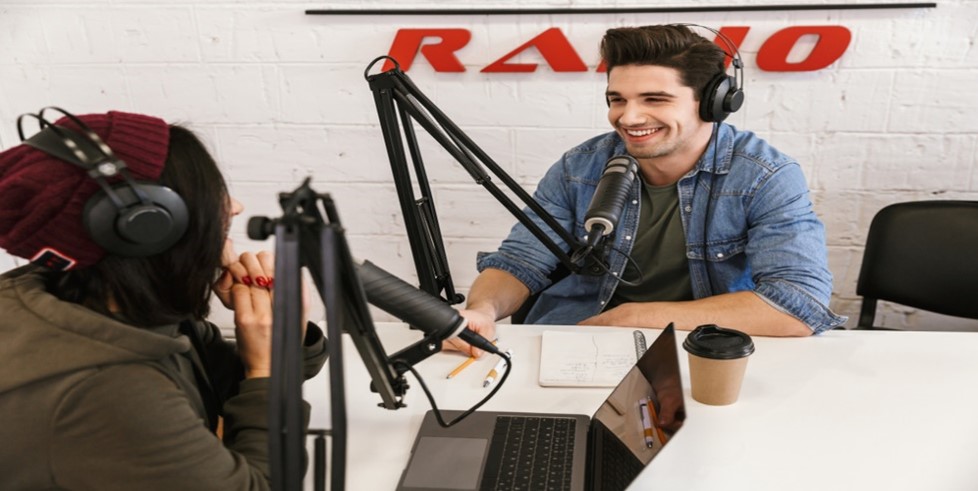
Follow Up Before and After the Interview
Here is an email that you can send to confirm your radio segment interview if you like and be sure to be professional, polite, and concise in your communication. Here’s a suggested template for your follow-up message. This template conveys your sincerity and enthusiasm about the interview. It also serves as a polite and professional way to confirm the details.
Email Before the Interview:
Subject: Follow-Up on Radio Interview Segment Schedule
Dear (Host or Producer),
I trust this message finds you well. I wanted to follow up regarding the radio interview segment we discussed earlier. I am enthusiastic about the opportunity to contribute to [Radio Show Name] and share insights on [Topic]. I understand you have a busy schedule, and I certainly appreciate your consideration.
As a reminder, the proposed interview date and time were [Date and Time]. Please, let me know if there have been any changes to the schedule or if any additional information or preparation is required from my end. I am looking forward to the interview and am excited about the opportunity to deliver valuable content to your audience. If you need any further information or have any questions, please don’t hesitate to reach out to me at [Your Contact Information].
Thank you again for this opportunity, and I am eager to be a part of [Radio Show Name].
Best Regards,
[Your Name]
After the interview, be sure to email a thank-you note to the host or producer. This helps build a positive relationship for potential future opportunities. After the interview, express your gratitude to the radio station and host. Share the interview link and thank them on social media, mentioning their handles. I sent a thank you note (email) and received a very quick response that they’d like to have me on the station again in another month or so. Even as of this writing, I am thinking about my next topic for the upcoming radio interview segment. Some stations appreciate your giving them an idea of what you’d like to speak about.
Email After the Interview:
Here is the Thank You Note that I emailed:
Dear Kristine,
I am writing to express my heartfelt gratitude for giving me the opportunity to interview on your radio station’s segment this morning. It was truly an honor to be a part of your show, and I appreciate your kindness and support throughout the entire experience.
Rob’s professionalism and warmth made the interview a comfortable and enjoyable experience for me. His insightful questions and genuine interest in the topic made the conversation flow smoothly, and it contributed to a meaningful discussion for our listeners.
I do want to thank you and your entire team at the radio station for their hard work and dedication in making this interview possible. Your organization’s commitment to delivering high-quality content to your audience is evident, and I feel privileged to have been a part of it.
I look forward to the opportunity to work with you and your team again in the future. Please feel free to reach out if there are any other collaborations or projects you think I could contribute to. I live nearby, in RTP. Perhaps I could focus on a specific topic the next time to bring more value to your audience.
Once again, thank you for allowing me to share my insights and experiences on your platform. It was an unforgettable experience, and I am truly grateful for your support.
Warm Regards,
Glenna Gonzalez
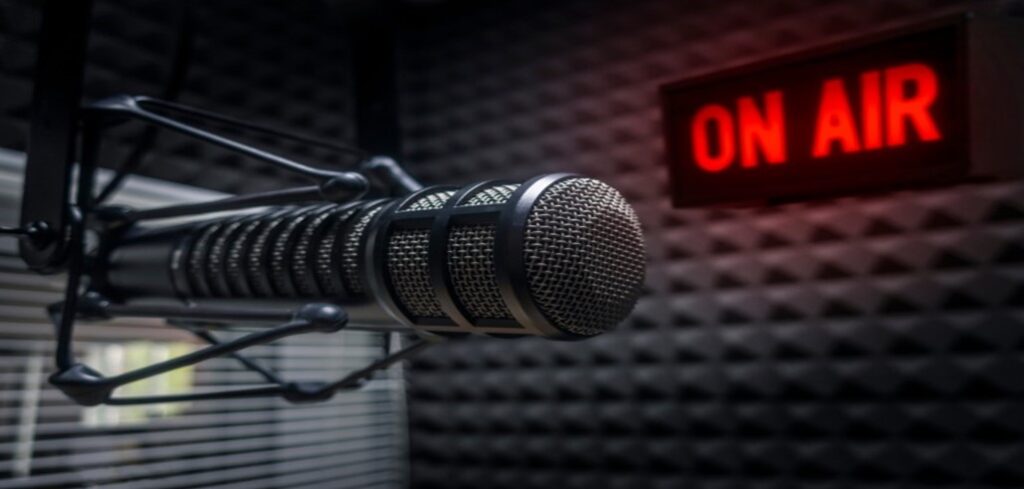
Radio Interview Questions
The questions you might encounter during a radio interview can vary based on the nature of the interview, your expertise, and the specific focus of the show. Notwithstanding, the radio hosts will also refer to the information you included in your pitch. However, here are some common and insightful questions that often arise:
Introduction and Background:
- Can you tell our listeners a bit about yourself and your background?
- What inspired you to pursue [your field or expertise]?
Expertise and Insights:
- How did you become an expert in [your specific area]?
- Can you share some key insights or trends in your industry?
Current Projects:
- What projects are you currently working on?
- How do these projects contribute to your overall mission or goals?
Challenges and Solutions:
- What are some common challenges people face in your industry, and how do you address them?
- Can you share a specific challenge you’ve encountered and the solution you found?
Advice for Listeners:
- What advice do you have for individuals looking to enter [your field]?
- Are there any common misconceptions about your industry that you’d like to address?
Industry Trends:
- How do you see [industry] evolving in the next few years?
- Are there any emerging trends that listeners should be aware of?
Personal Motivation:
- What motivates and drives you in your work?
- Can you share a personal or professional achievement that you are particularly proud of?
Audience Interaction:
- How can our listeners connect with you or learn more about your work?
- Are there specific resources or tools you recommend for our audience?
Impact and Contribution:
- In what ways do you believe your work positively impacts others?
- How do you envision contributing to the betterment of [industry or community]?
Future Plans:
- What are your future plans and goals for your career or business?
- Are there upcoming projects or collaborations on the horizon?
Do not forget to tailor your responses to the specific context of the interview and the interests of the audience. Being well-prepared and articulating your ideas clearly will contribute to a successful and engaging radio interview. It’s not that difficult to pitch to radio stations. Remember that brevity is key in a pitch. Keep it concise and focused on the most compelling aspects of your topic and expertise. Personalization, a clear value proposition, and a strong call to action can significantly increase your chances of landing a radio interview segment.
So, to prepare for a radio interview, it’s essential to research the show and host, anticipate potential questions based on the topic and context, and practice your responses beforehand to be sure that your answers will be relevant and that they address the questions asked. While you won’t be able to anticipate all of the questions you will be asked, prepare as best as you can. Remember that radio stations receive many pitch requests, so it’s essential to make yours stand out by demonstrating the value you can bring to their audience. Be persistent but respectful, and always maintain professionalism in your communication. With careful planning and targeting, you can secure valuable radio interview opportunities to promote your message or business effectively.



